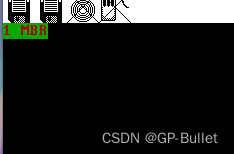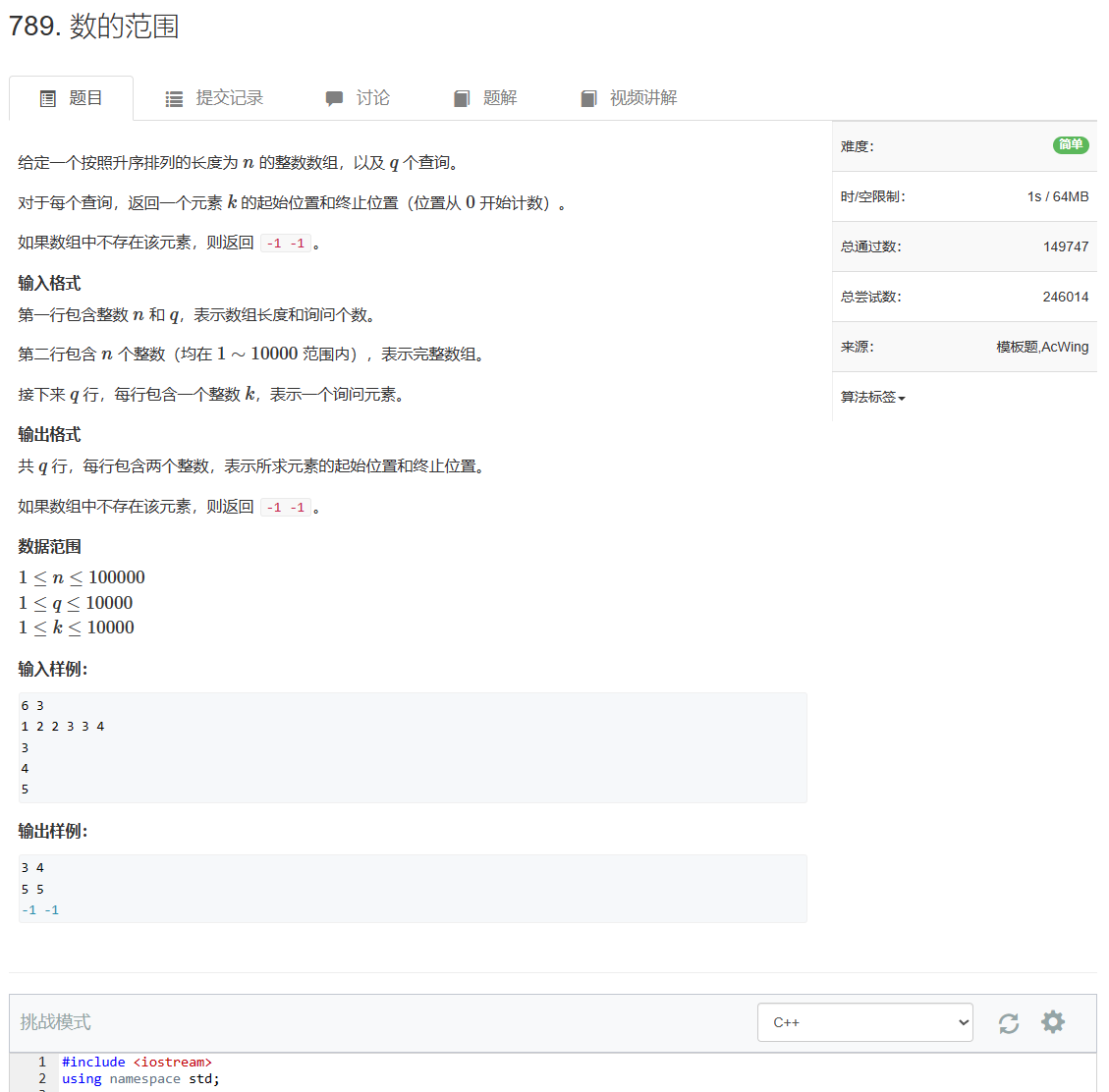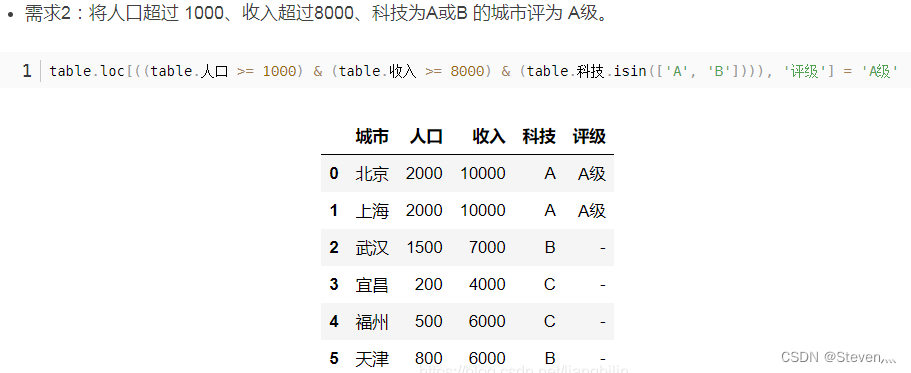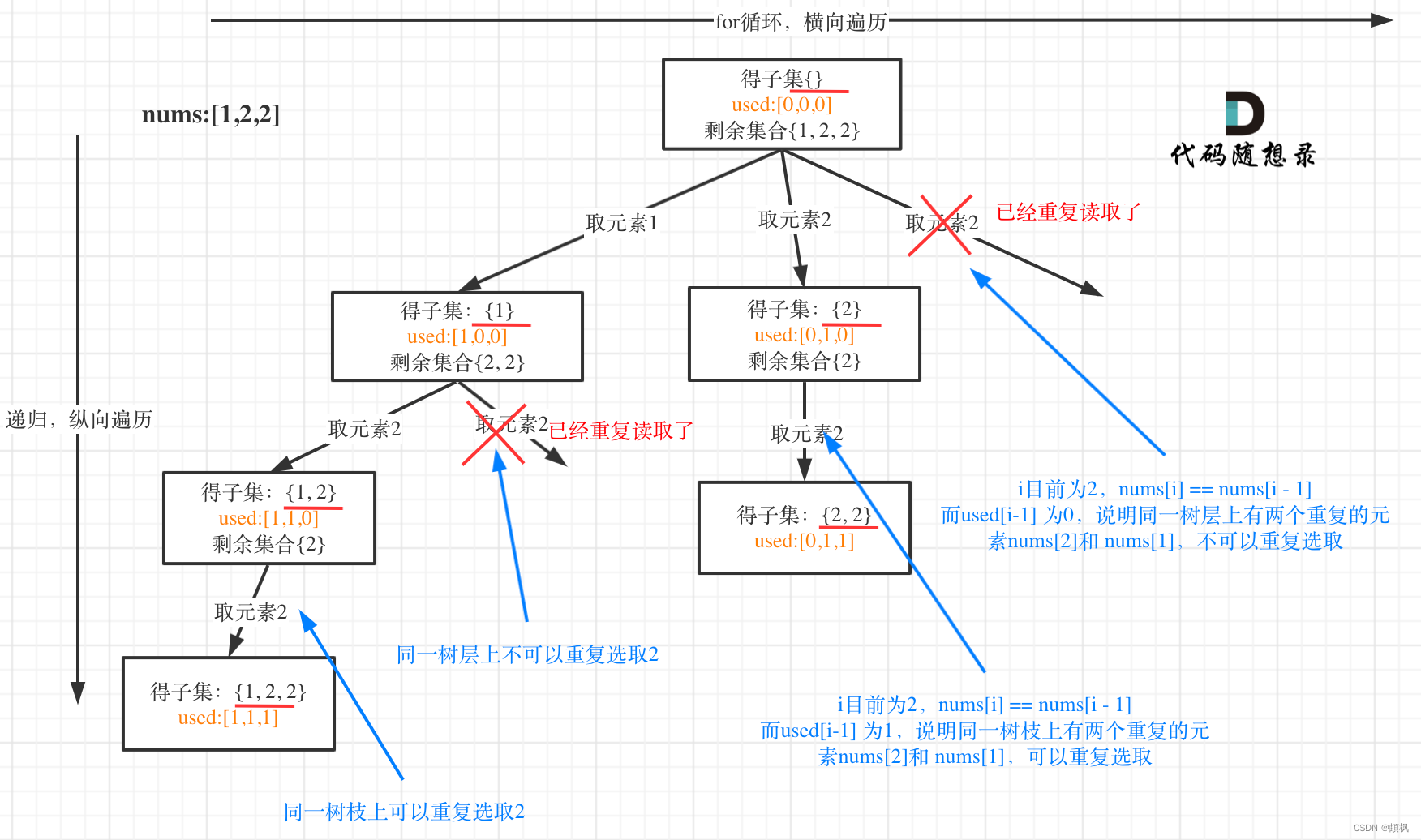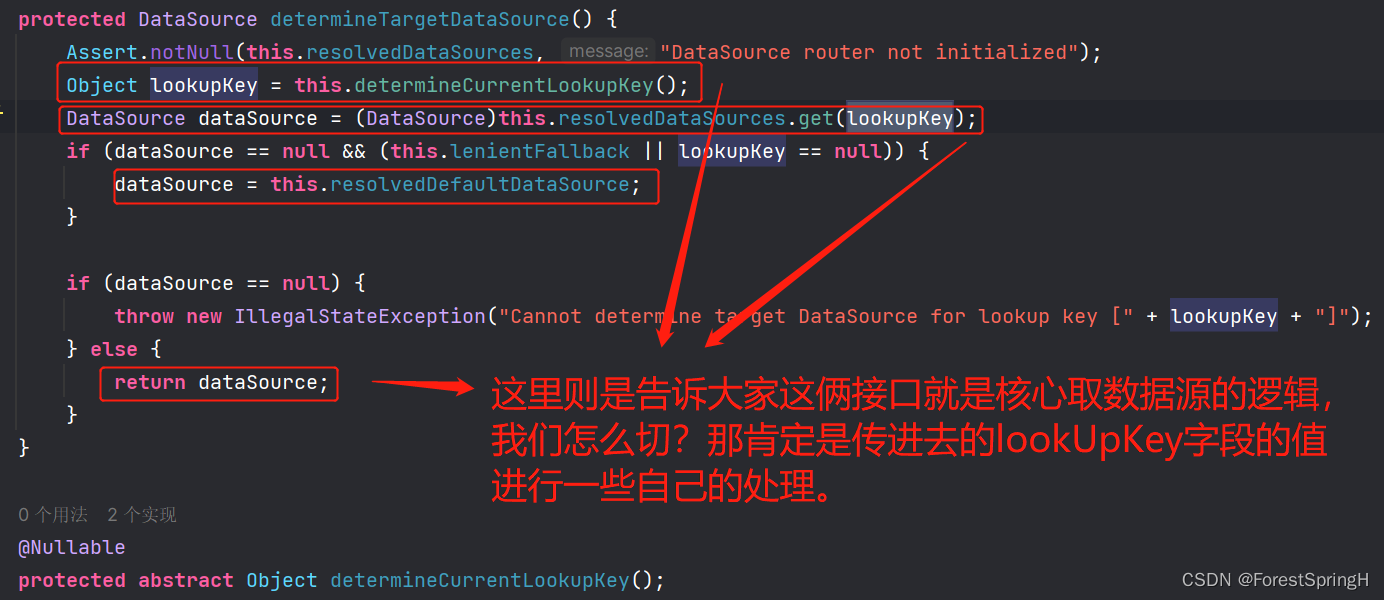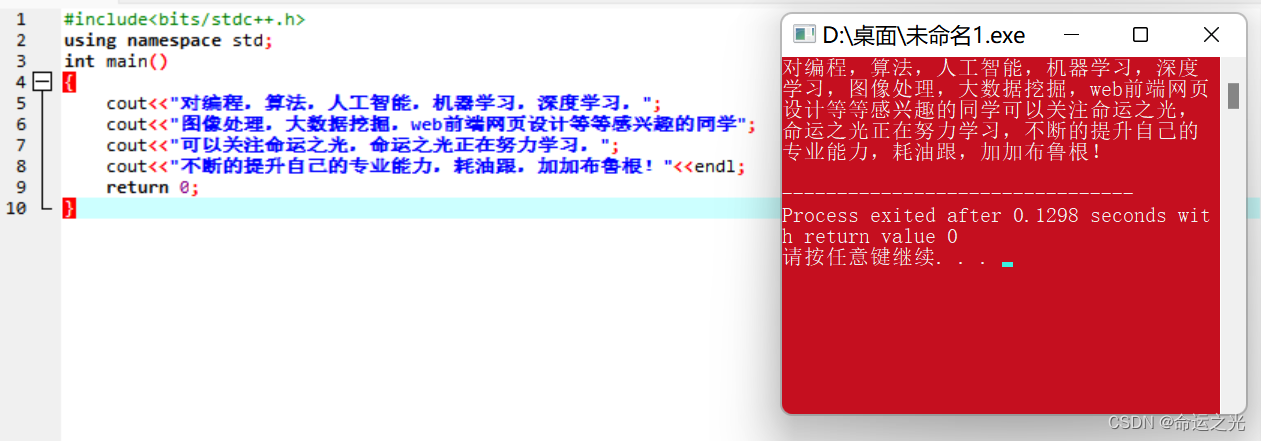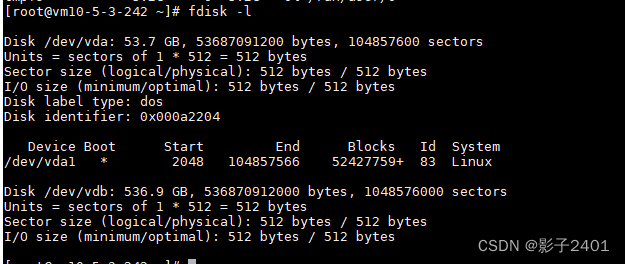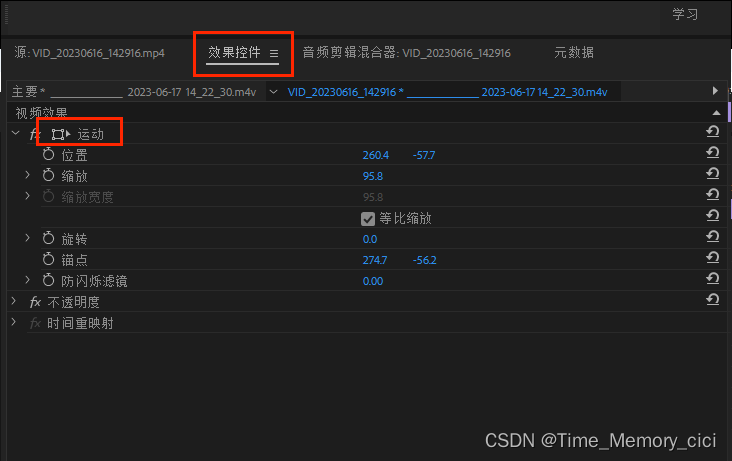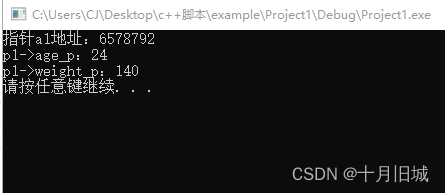1.
栈
1.1栈的概念及结构
栈:一种特殊的线性表,其只允许在 固定的一端 进行 插入和删除 元素操作。 进行数据插入和删除 操作的一端称为 栈顶 ,另一端称为 栈底 。栈中的数据元素遵守 后进先出 LIFO (Last in First Out) 的原则。
压栈:栈的插入操作叫做进栈/压栈/入栈, 入数据在栈顶
出栈: 栈的删除操作叫做出栈。 出数据也在栈顶 。
栈:一种特殊的线性表,其只允许在 固定的一端 进行 插入和删除 元素操作。 进行数据插入和删除 操作的一端称为 栈顶 ,另一端称为 栈底 。栈中的数据元素遵守 后进先出 LIFO (Last in First Out) 的原则。
压栈:栈的插入操作叫做进栈/压栈/入栈, 入数据在栈顶
出栈: 栈的删除操作叫做出栈。 出数据也在栈顶 。
特点:栈只能在栈顶进行插入和删除。
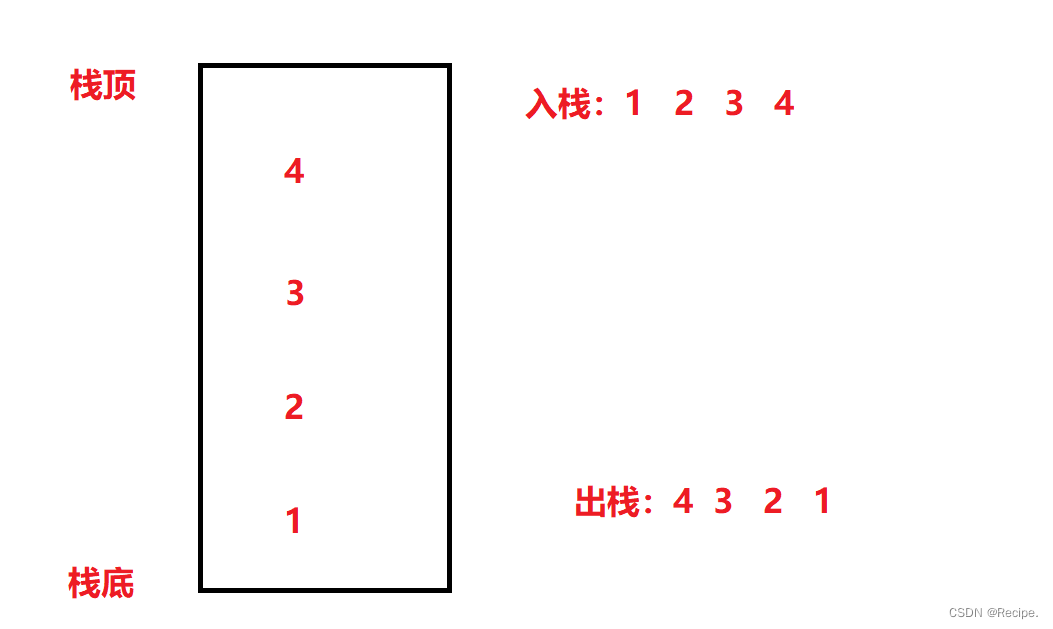
按惯例一般出栈顺序是4 3 2 1,但一定是4 3 2 1吗?答案:不一定是。
也有可能是4 3 2 1;1 2 3 4;3 2 4 1..... 但 3 1 2 4是绝对不可能的。
2.栈的实现
栈的实现一般可以使用数组或者链表实现,相对而言数组的结构实现更优一些。因为
数组在尾上插入数据的代价比较小。
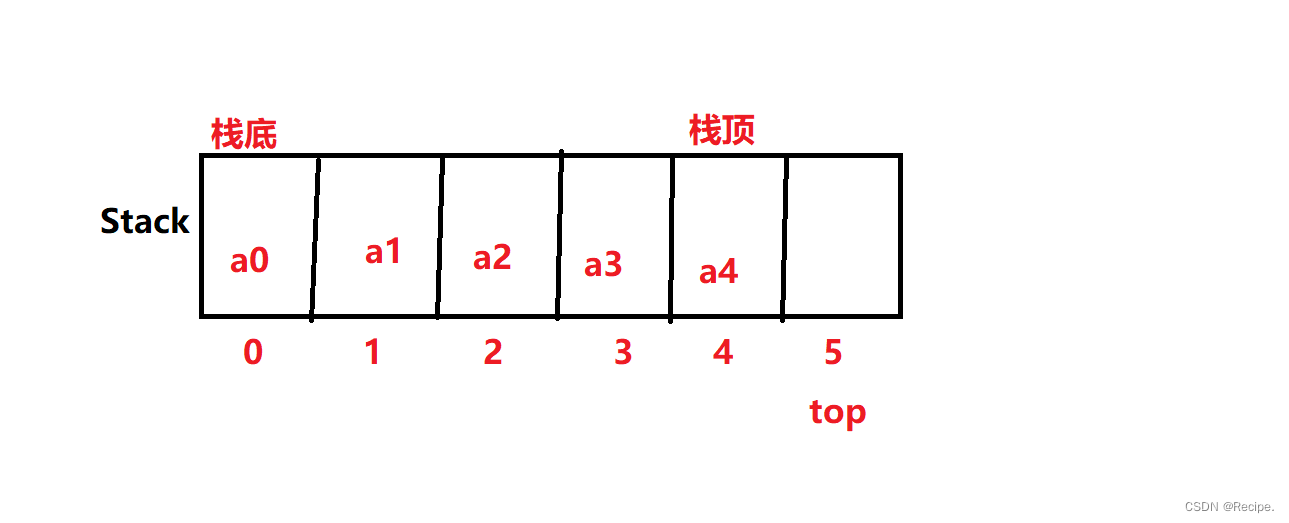
数组栈:完美符合栈固定一端的插入和删除的操作;

如果使用单链表来模拟实现数组栈,用头做栈顶,尾做栈底。
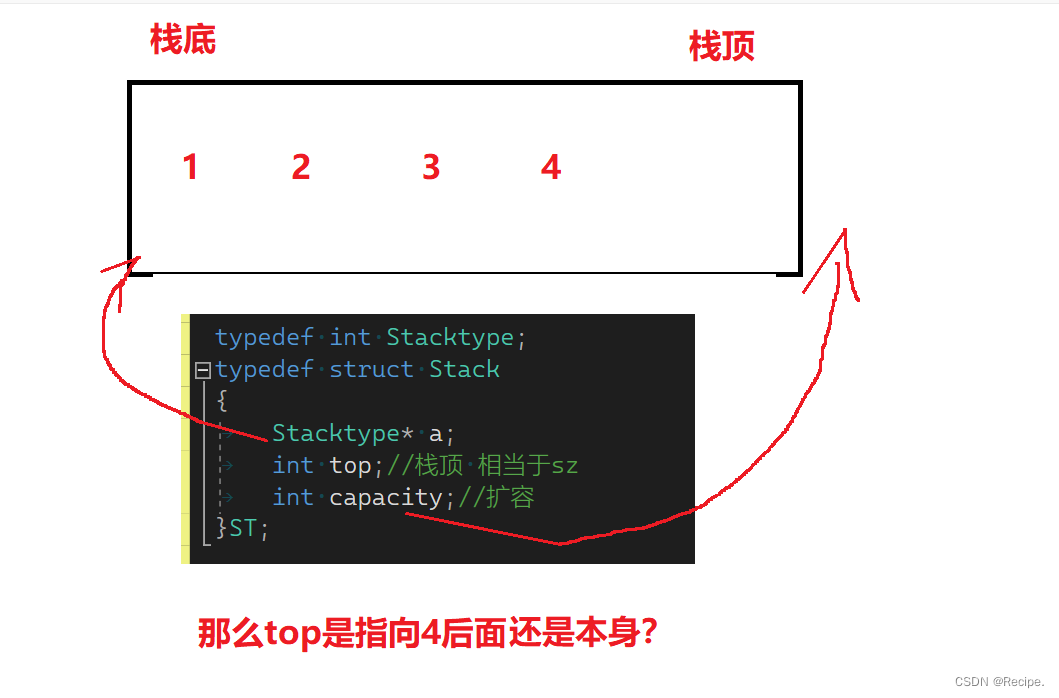
栈的初始化
void STInit(ST* ps)
{
assert(ps);
ps->a = NULL;
ps->capacity = 0;
ps->top = 0;
}如果我们在初始化的时候top的初始值是0,top就指向4后面,如果top想指向4本身就要初始值赋值给-1。
所以想top指向栈顶数据就初始化为-1,top想指向栈顶数据的下一个位置初始化为0。
栈的销毁
void STDestroy(ST* ps)
{
assert(ps);
free(ps->a);
ps->a = NULL;
ps->capacity = 0;
ps->top = 0;
}栈的插入
void STPush(ST* ps, Stacktype x)
{
assert(ps);
if (ps->top== ps->capacity)
{
int newcapacity = ps->capacity == 0 ? 4 : ps->capacity * 2;
Stacktype* tmp = (Stacktype*)realloc(ps->a,sizeof(Stacktype) * newcapacity);
if (tmp == NULL)
{
perror("realloc fail");
return;
}
ps->a = tmp;
ps->capacity = newcapacity;
}
ps->a[ps->top] = x;
ps->top++;
}布尔值检查
bool STEmpty(ST* ps)
{
assert(ps);
return ps->top == 0;
}栈的删除
void STPop(ST* ps)
{
assert(ps);
assert(!STEmpty(ps));
ps->top--;
}返回栈顶元素
Stacktype STTop(ST* ps)
{
assert(ps);
assert(!STEmpty(ps));
return ps->a[ps->top - 1];
}栈的大小
int STsz(ST* ps)
{
assert(ps);
return ps->top;
}完整代码实现
头文件
#pragma once
#include<stdio.h>
#include<stdlib.h>
#include<assert.h>
#include<stdbool.h>
typedef int Stacktype;
typedef struct Stack
{
Stacktype* a;
int top;//栈顶 相当于sz
int capacity;//扩容
}ST;
void STInit(ST*ps);//初始化
void STDestroy(ST* ps);//销毁
void STPush(ST* ps, Stacktype x);//插入
void STPop(ST* ps);//删除
int STsz(ST* ps);//空间大小
Stacktype STTop(ST* ps);//栈顶
bool STEmpty(ST* ps);//布尔值检查两个源文件: 函数代码实现Stack.c与测试用例test.c
Stack.c
#include"Stack.h"
void STInit(ST* ps)
{
assert(ps);
ps->a = NULL;
ps->capacity = 0;
ps->top = 0;
}
void STDestroy(ST* ps)
{
assert(ps);
free(ps->a);
ps->a = NULL;
ps->capacity = 0;
ps->top = 0;
}
void STPush(ST* ps, Stacktype x)
{
assert(ps);
if (ps->top== ps->capacity)
{
int newcapacity = ps->capacity == 0 ? 4 : ps->capacity * 2;
Stacktype* tmp = (Stacktype*)realloc(ps->a,sizeof(Stacktype) * newcapacity);
if (tmp == NULL)
{
perror("realloc fail");
return;
}
ps->a = tmp;
ps->capacity = newcapacity;
}
ps->a[ps->top] = x;
ps->top++;
}
bool STEmpty(ST* ps)
{
assert(ps);
return ps->top == 0;
}
void STPop(ST* ps)
{
assert(ps);
assert(!STEmpty(ps));
ps->top--;
}
Stacktype STTop(ST* ps)
{
assert(ps);
assert(!STEmpty(ps));
return ps->a[ps->top - 1];
}
int STsz(ST* ps)
{
assert(ps);
return ps->top;
}test.c
#include"Stack.h"
void test1()
{
ST st;
STInit(&st);
STPush(&st, 1);
STPush(&st, 2);
STPush(&st, 3);
STPush(&st, 4);
while (!STEmpty(&st))
{
int top = STTop(&st);
printf("%d\n", top);
STPop(&st);
}
STDestroy(&st);
}
int main()
{
test1();
return 0;
}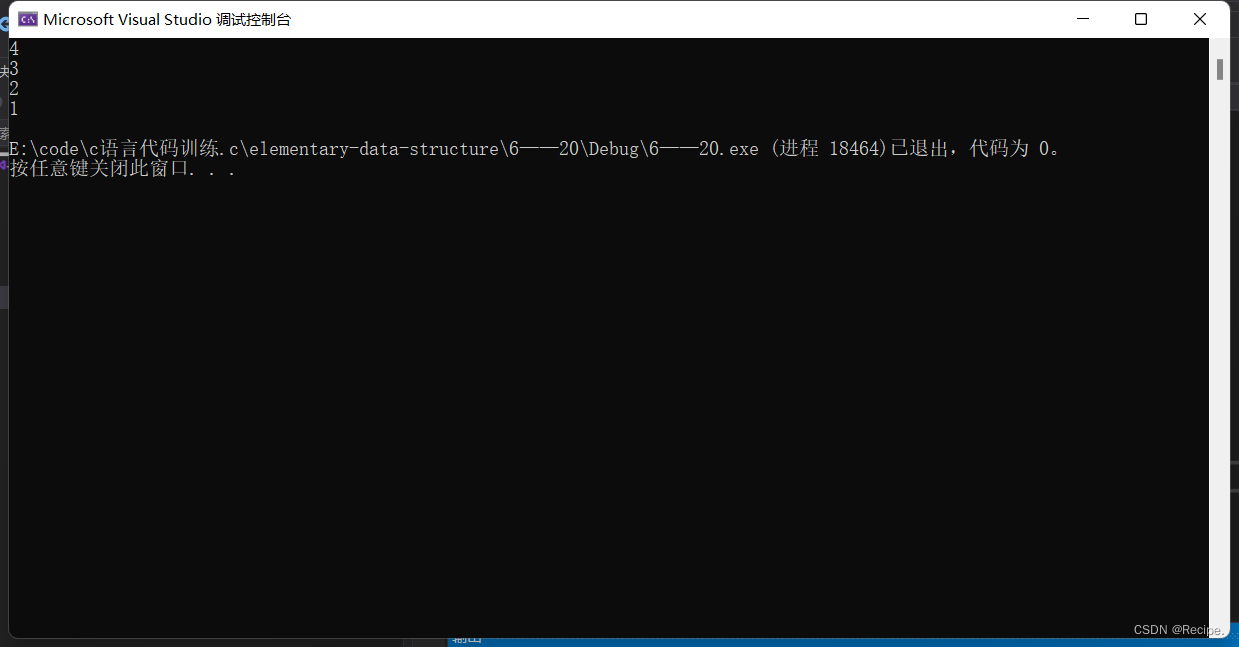
void test1()
{
ST st;
STInit(&st);
STPush(&st, 1);
STPush(&st, 2);
printf("%d ",STTop(&st));
STPop(&st);
STPush(&st, 3);
STPush(&st, 4);
while (!STEmpty(&st))
{
int top = STTop(&st);
printf("%d ", top);
STPop(&st);
}
STDestroy(&st);
}
int main()
{
test1();
return 0;
}



